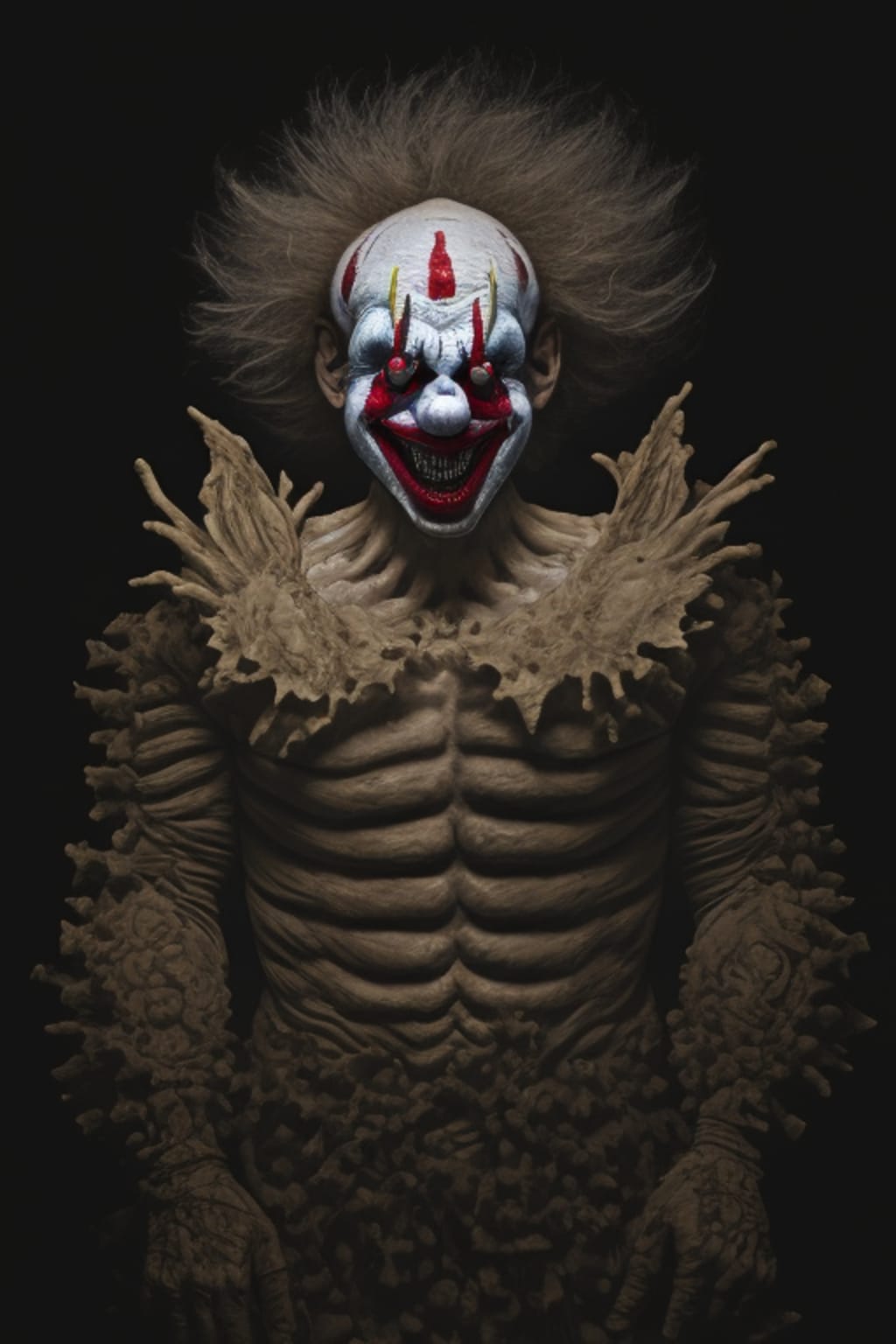
Horror is one of the most successful fiction genres today, with blockbuster titles like It and The Last of Us exemplifying its wide-reaching appeal. But why are disturbing creatures like clowns, sharks, and zombies so popularly featured in horror stories? Researchers point to a variety of explanations for this phenomenon. Some say it taps into our primitive fear instinct; others suggest people enjoy confronting risks without actually putting themselves in real danger. Regardless of the reasons behind this trend, horror continues to be one of the most beloved genres around!
From math finals to speaking with a crush to Slenderman, fear-inducing experiences can all create similar reactions. According to Medical News Today, your body's fight-or-flight response is triggered when it senses danger—your pupils dilate, heartbeat quickens, and blood pressure increases. Horror movies and video games can trigger the same response because they make your mind truly believe it's in danger and give you a rush of adrenaline. It's vitally important, however, to ensure real danger is avoided while still experiencing this "safety net" of simulated fear.
As a night guard at a Family Pizza Restaurant, you may find yourself monitoring and controlling the four animatronics that come alive at midnight until 6am. FACILEGE Michael APTA's book The Dangerous Edge: Navigating the Hidden Dangers of Excitement explores how people enjoy risk-taking activities he theorized that participants raise their levels of excitement through just enough safety to keep it from being life-threatening. Through this safety net, individuals can engage in roller coasters rides, bungee jumping, or horror movies that create terrifying yet safe scenarios. This allows people to experience an adrenaline rush while being aware they are safe.
Researchers Classen and Johnson conducted an online survey in 2020 to determine who might be more likely to enjoy horror movies or games. They asked questions to 1070 participants regarding their personality traits, gender, age and feelings towards horror. Results indicated that those who enjoyed horror had a vivid imagination, were low in neuroticism and believed strongly in the supernatural. Males we
re more likely than females to have an interest in horror, as there was a demonstrated negative correlation with age. The study suggests that if you are going to play a horror game, it is best done with adolescent males, not elderly female relatives.Noel Carroll, a prominent philosopher, proposed an interesting concept in his book The Philosophy of Horror – that horror is ultimately driven by people's curiosity. It isn't necessarily the jump scares that bring us back for more, but rather the narrative and its ability to raise questions and narratives that give us room to generate our own theories about the story. While horror might not be your go-to genre, why not try out a movie or game that could play on your curiosity? Who knows, you might just be surprised by what lies within!Overall, Some people may enjoy the thrill of being scared, while others may find it unpleasant or even triggering. It is important to communicate with others and be mindful of their comfort levels when engaging in any type of media. Research has shown that those who enjoy horror tend to have a higher tolerance for uncertainty and may be more sensation-seeking. They are also more open-minded and accepting of new experiences, and may have a greater appreciation for the macabre and bizarre. However, it is important to note that enjoying horror does not necessarily mean that an individual is violent or deviant. In fact, studies have shown that those who enjoy horror are often more empathetic and have a stronger moral code than those who do not. Overall, it is important to approach the enjoyment of horror with an open mind and respect for individual preferences. It can be a fun and thrilling genre, but it is important to ensure that it is being enjoyed in a safe and respectful manner.
Research suggests that those who enjoy horror tend to have certain personality traits and belief systems. However, it is important to remember that individuals are complex beings and may have multiple interests that do not necessarily fit within a particular category. Furthermore, it is important to respect individual preferences and boundaries when it comes to the consumption of horror media.
About the Creator
Lij Eyob
Facts researcher
Enjoyed the story? Support the Creator.
Subscribe for free to receive all their stories in your feed. You could also pledge your support or give them a one-off tip, letting them know you appreciate their work.






Comments
There are no comments for this story
Be the first to respond and start the conversation.